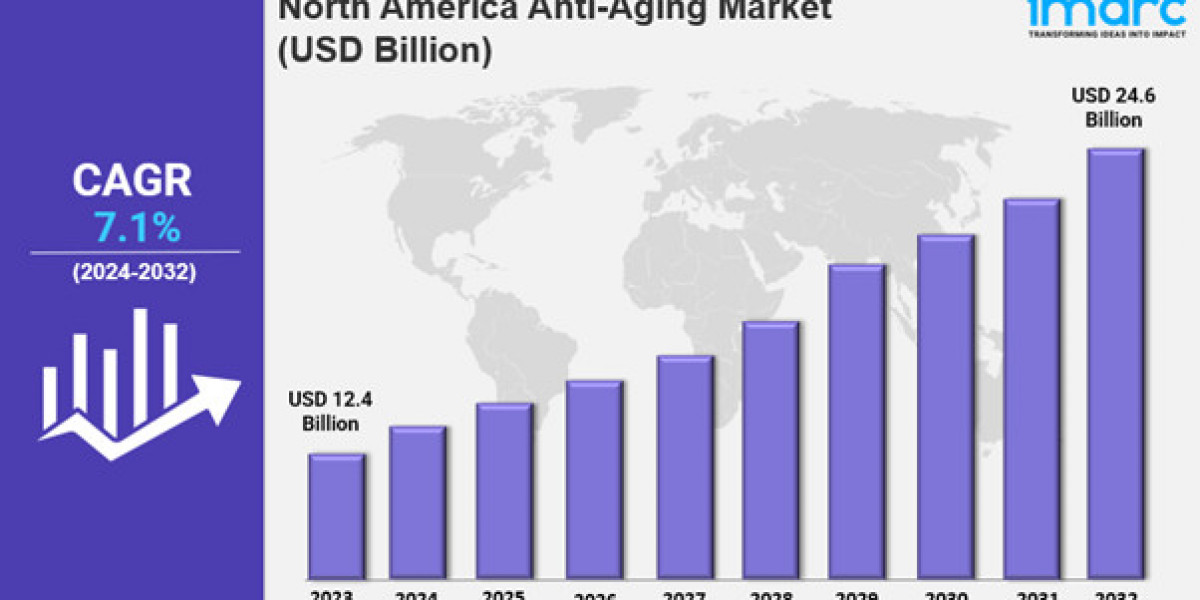Introduction
Taking care of elderly parents can be both emotionally rewarding and financially challenging. In-home care services are a popular option for those who want their loved ones to age in place, but the costs can add up quickly. In this article, we will discuss some practical ways to reduce the cost of in-home care for elderly parents without compromising on the quality of care they receive.
Understanding the Cost of In-Home Care for Elderly Parents
Before we dive into cost-saving strategies, let's first understand what factors contribute to the overall cost of in home care for elderly parents. These factors can include the level of care needed, the frequency of care visits, the caregiver's qualifications, and any additional services required, such as assistance with medication management or housekeeping tasks.
Factors Affecting the Cost of In-Home Care:
Level of Care Needed: The more intensive the care required, the higher the cost.
Caregiver Qualifications: Highly trained caregivers may charge higher rates for their services.
Frequency of Care Visits: Daily visits will cost more than weekly or bi-weekly visits.
Additional Services: Services such as medication management or specialized therapies can increase costs.
How to Reduce the Cost of In-Home Care
Now that we have a better understanding of what contributes to the cost of in-home care for elderly parents, let's explore some practical ways to reduce these costs while maintaining the quality of care.
Cost-Reducing Strategies:
Research Different Providers: Compare the rates of different in-home care providers in your area to find one that offers competitive pricing.
Bundle Services: Some in-home care agencies offer discounts for bundling multiple services together, such as personal care and housekeeping.
Negotiate Rates: Don't be afraid to negotiate with in-home care providers to see if they can offer a lower rate or a discounted package.
Consider Partial Care: If your loved one doesn't require round-the-clock care, consider opting for partial care services to reduce costs.
Explore Government Assistance Programs: Government programs such as Medicaid or Veterans Affairs may offer financial assistance for in-home care services for eligible individuals.
Utilize Community Resources: Look into community organizations or non-profits that offer low-cost or free in-home care services for seniors.
Family Caregiving: Enlist the help of family members to provide some of the care needed, reducing the hours and costs of professional caregivers.
Conclusion
Caring for elderly parents at home can be a fulfilling experience, but it can also come with a hefty price tag. By researching different providers, negotiating rates, exploring government assistance programs, and utilizing community resources, you can reduce the cost of in-home care for your loved ones without compromising on the quality of care they receive. Remember, with some strategic planning and creativity, you can provide the best care for your elderly parents while also managing the costs effectively.







